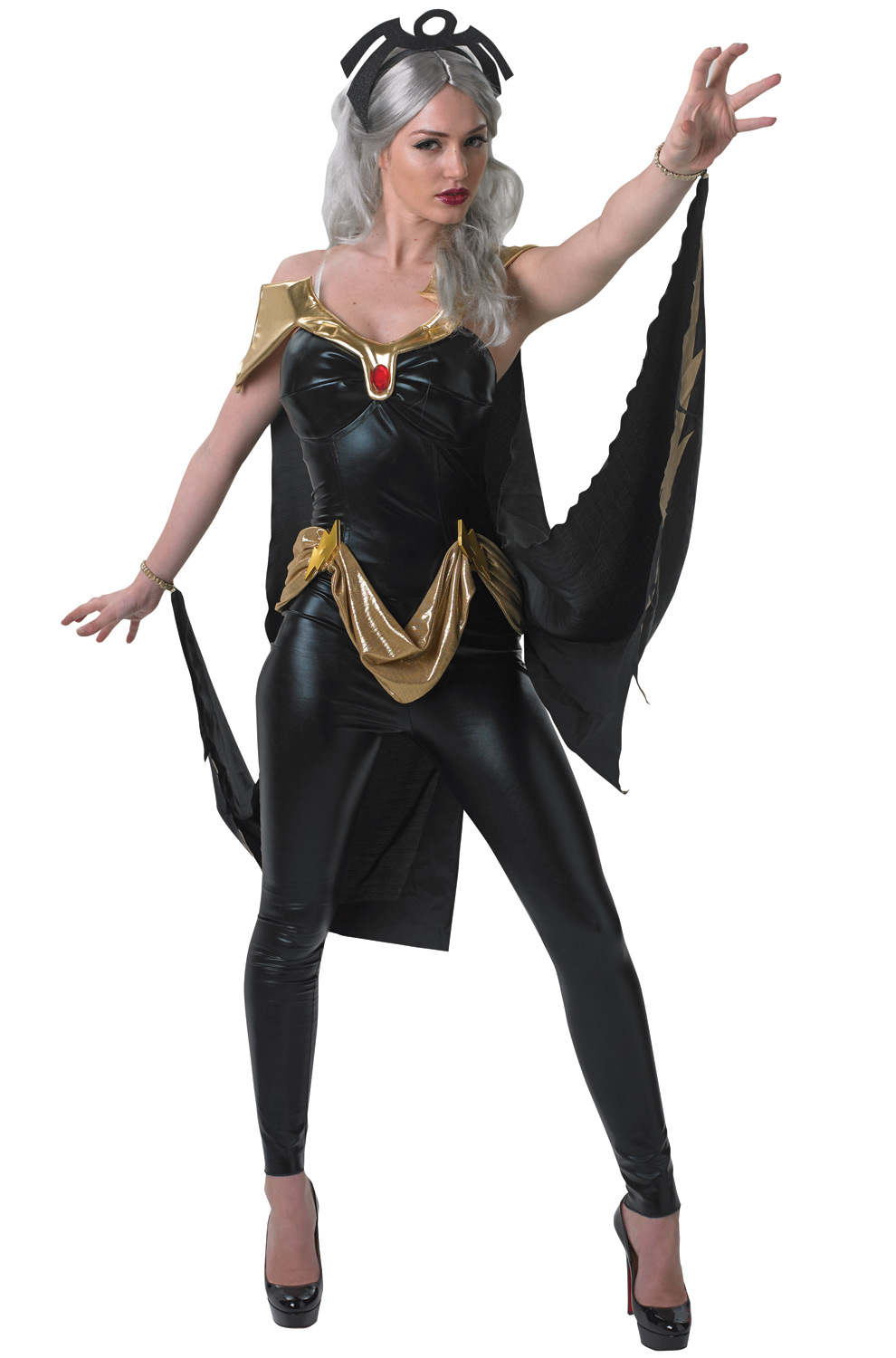
Greek mythology has many questing heroes, including Odysseus, Orpheus, Jason, and Hercules. The hero on a quest or journey appears in dozens of myths, epics, legends, and fairy tales. Questing or Journeying Heroes.
As punishment, the gods chain him to a rock, and a giant eagle eats his innards. Prometheus famously steals fire from the gods and gives it to man, thus gifting them with knowledge. Evidence of misogyny can be traced back to the Greek myth of the origin of women. In order to evaluate to what extent there is a concept of ‘female heroism’ in ancient Greek literature it is necessary to look at female literary figures in ancient Greece and their qualities.When looking at Greek myths with their pantheon of both male and female deities, we can easily forget that these tales were born out of a deeply patriarchal society where women were treated harshly to maintain their subservience. Posted on FebruUpdated on February 4, 2012.
This echoes of elements of the biblical Eve, seduced by the snake on the Tree of Knowledge, succumbing to what was forbidden and blamed for the original sin. She receives a box that she is forbidden to open, but temptation gets the better of her and so she lifts the lid, releasing all misery and suffering upon mankind. Pandora is of the first race of women, outwardly beautiful, inwardly flawed.

I feared for Perseus and cheered as he used his cunning to slay the horrifying creature. She was a monster: snake-haired with a petrifying gaze. So even when a woman is permitted to speak and does so well, she is never fully credited since speech, words, and stories have been identified as the domain of men.My first experience of Medusa was as a small child watching Clash of the Titans. When the chorus praises his wife Clytemnestra who rules Argos in her husband’s absence, they say she has “…words like a man’s, both wise and kind”(p. Here ‘woman’ implies weakness, in that it means to be less than a man.

But he does the same, catches up with her and rapes her. When Poseidon pursues his older sister, Demeter, she transforms herself into a horse to escape him. Sometimes it is the gods themselves who transform in order to obtain the object of their desire. When the goddess becomes so enraged by Arachne’s superior talent for weaving, she transforms her into a spider, fated to weave for the rest of her life. Her transformation into a monster compounds her inferiority both as a woman and within the tale, because it dehumanises her.Another of Athena’s victims, Arachne, suffers a similar fate.
Take Andromeda, also known as ‘the Chained Lady’. The sky is filled with constellations depicting victims. Calisto, he rapes while she sleeps.The theme of rape is prolific within Greek mythology.
Reputed to be the most beautiful woman in the world, Helen of Troy is at the root of an epic war. She, too, is bound for all eternity, not to rocks, but to her throne as punishment for her vanity.This brings us back to the role of female beauty in the subjugation of women within these myths. But appearances are deceiving because she is, in fact, another of Poseidon’s victims, suffering a fate much like her daughter’s. This depiction strikes us at first as regal and distinguished. You can also find her mother, Queen Cassiopeia, seated on her throne in the sky.

When she later refuses to sleep with Apollo, he curses her gift so that no matter what she foretells, nobody will believe her. Inspired by her beauty, Apollo gives her the gift of prophesy. Take Cassandra, the daughter of King Priam of Troy. However, it is clear that the gods either raped women or punished them for refusing their advances. This resonates with modern-day victim-blaming culture. The use of ‘seduce’ is significant because it weakens the image of sexual violence, and, in a lot of cases, places the onus on the victim.
In contrast, when we see female figures from myth and allegory painted by another renowned Baroque artist, Artemisia Gentileshi, we are met with a different story. But what happens when women begin to tell their stories? Take Carravagio’s Medusa, severed head suspended in the air, her eyes wide in horror. And even Persephone’s Olympian parentage of her mother Demeter and father Zeus doesn’t protect her from Hades who kidnaps and rapes her.Telemachus says to his mother Penelope that stories are the domain of men. He fails, but it is recounted in Hyginus’ ‘Fabulae’ that, while they struggled, Hapheatus’ seed falls on the ground and creates a child, a boy whose lower half takes the form of a snake. She is pursued by her half-brother, Hephaestus, the blacksmith who attempts to rape her. Not even the goddess of wisdom and military victory, Athena, is immune to this threat.
In recent times, she has undergone a retelling by classicist Madeline Miller. Daughter of Apollo, she is famed for turning men into pigs for no reason. Artemisia was the first woman to be accepted into the Academia di Arte Disegno and also a rape survivor.Like Medusa, the witch Circe is traditionally perceived as a villain.
For so long, stories have belonged to the domain of men, resulting in them being filtered through a deeply patriarchal lens. Unlike what we have seen with other deities, Circe does not transform these mortals to punish them, but as an act of self-defence.We need more of this, women taking control of the narrative. Through this knowledge she is empowered to protect herself from rape by the sailors that she provides shelter to. There she spends time learning the art of magic.
We can revisit the past and lend these wronged women the voices they didn’t have.


 0 kommentar(er)
0 kommentar(er)
